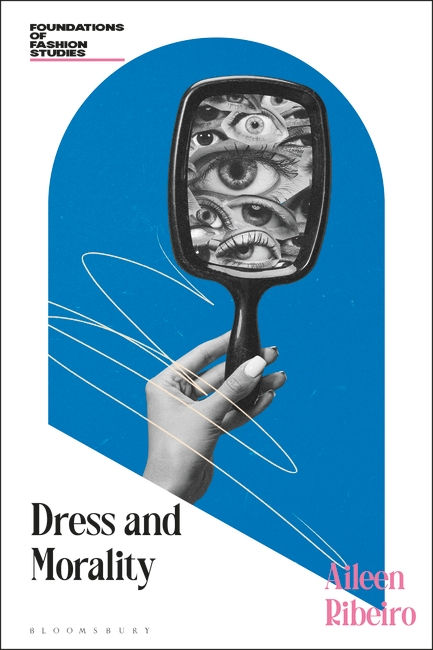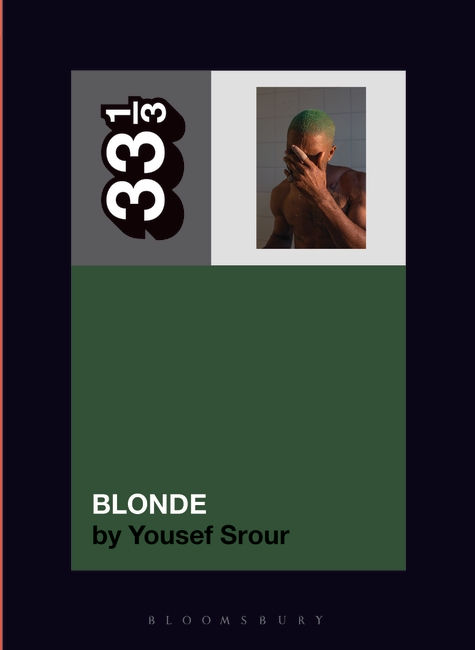Towards the end of her life, Virginia Woolf defined her “philosophy”—the “constant idea” that “makes her a writer.” She wrote that this idea had given her “the strongest pleasure known to [her].” She called these “exceptional moments,” or “moments of being.”
Thomas Nail contends that Woolf is a philosopher of being. And these "moments of being" as forming a unique process philosophy of motion. In her description of these moments Woolf gives us access to a world in motion and process; where all of nature and matter flows, ripples, and quivers. In these moments the anthropocentric division between humans and nature dissolves into metastable patterns—without essences or vital forces. Matter becomes dynamic, and what originally appeared solid is perceived as woven, porous, and fluid.
The Philosophy of Virginia Woolf begins by defining the basic idea of the moment of being, why it is important and how to understand it and its philosophical implications. It recounts a series of 14 'moments' each of which explores an aspect of Woolf's philosophy. They show how the moments evolve and articulate Woolf’s process philosophy of movement. Each moment reveals unique aspects of how moments work and the kind of philosophical vision Woolf held. Nail concludes by addressing some of the ethical and political consequences of these moments in Woolf ’s thinking. In the end, the book contends that Woolf offers us an absolutely unique philosophical and aesthetic understanding of phenomena, including nature, culture, desire, gender, writing/reading, consciousness, art, ecology, and sensation. It shows that Woolf is a philosopher in her own right, and held a unique philosophical position that makes a unique contribution to how to think in the world.
The Philosophy of Virginia Woolf
Thomas Nail
The first book to introduce the Virginia Woolf as a philosopher in her own right, celebrating the novel theoretical insights of her work.Rights Sold
All rights available
Chinese Simplified and Complex rights exclusively represented by ANA Agency (Beijing and Taiwan)
Book Details
Imprint: Bloomsbury Academic
Publication Date: 15-05-2025
Format: Paperback | 234 x 156mm | 296 pagesAbout the Author
Thomas Nail is a Distinguished Scholar and Professor of Philosophy at the University of Denver, USA. He is the author of The Figure of the Migrant, Theory of the Border, Marx in Motion, Theory of the Image, Theory of the Object, Theory of the Earth, Lucretius I, II, III, Returning to Revolution, and Being and Motion.
Material Available

















